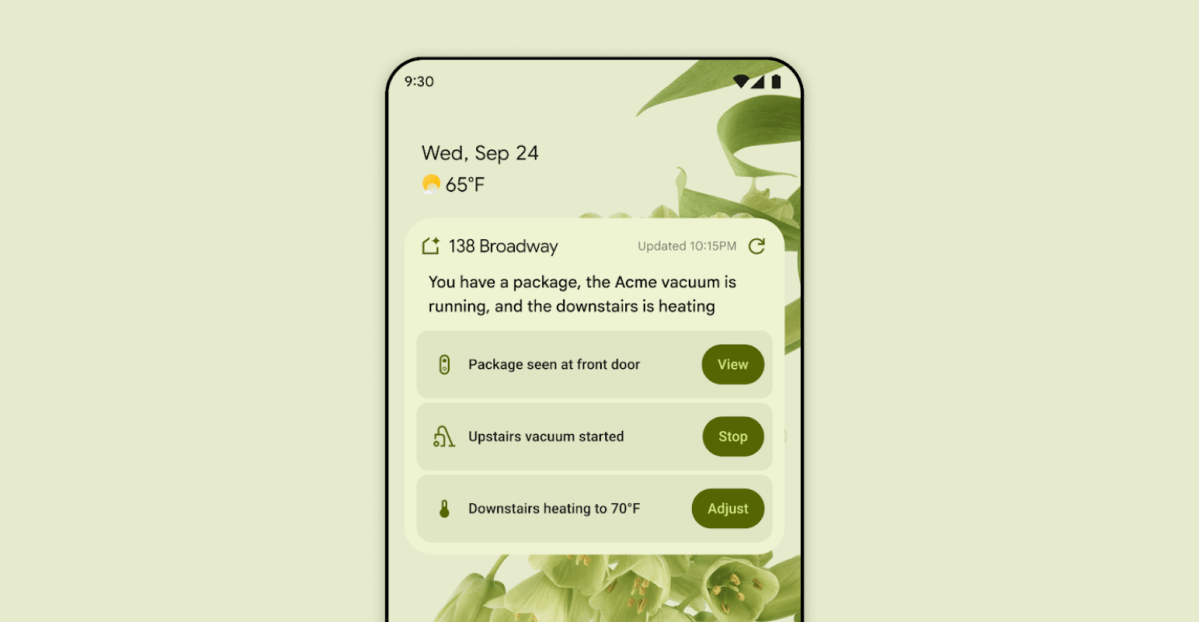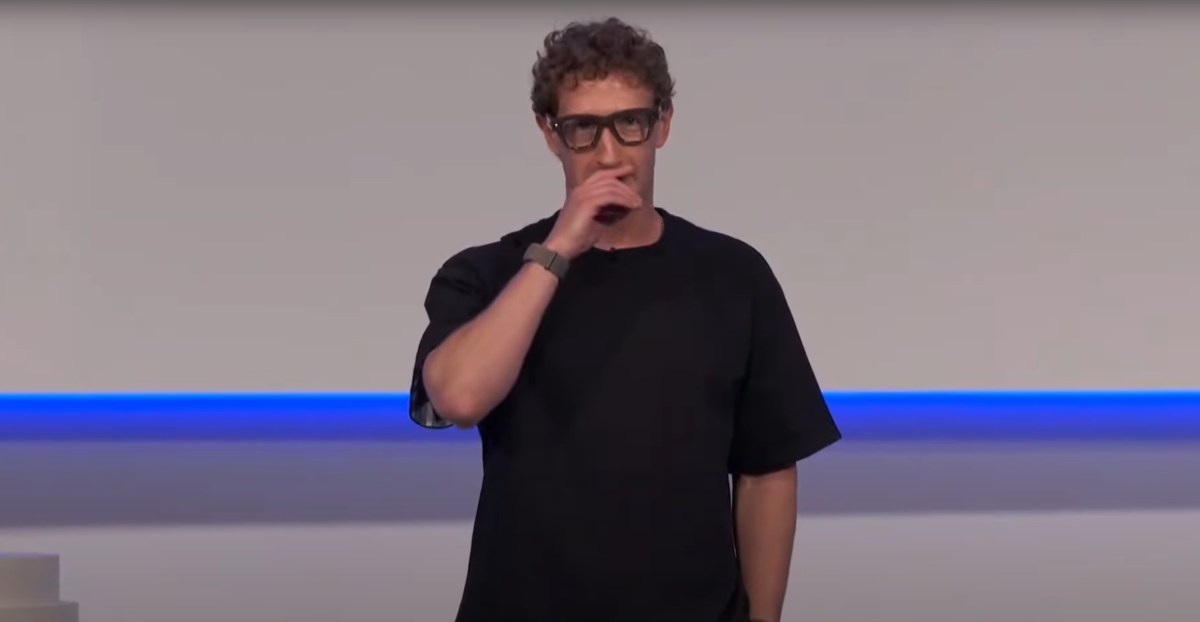
Grammarly launches nine AI agents, including an AI grader that predicts paper grades
Sources: https://www.theverge.com/news/760508/grammarly-ai-agents-help-students-educators
TL;DR
- Grammarly launched nine specialized AI agents in its new Docs “AI-native writing surface” for Grammarly Free and Pro users at no extra cost.
- Agents include an AI grader that estimates a paper’s grade using uploaded course details and publicly available instructor information, plus tools for proofreading, paraphrasing, citations, plagiarism scanning and AI-detection.
- The plagiarism and AI-detection agents are limited to Grammarly Pro users at launch; all agents will reach Enterprise and Education customers “later this year.” [Source]
Context and background
Grammarly is expanding its AI-assisted writing tools by introducing a set of targeted agents designed for common academic and editorial workflows. The company describes Docs as an “AI-native writing surface,” positioning these agents as integrated helpers within that environment. According to the company announcement, the new agents are intended to support both students and educators with specialized tasks from drafting and revision to assessment and integrity checks. The launch reflects a broader trend of productivity and writing platforms embedding multiple task-specific AI assistants rather than a single general-purpose assistant. Grammarly frames this approach as a way to guide users through discrete writing challenges while maintaining opportunities for learning and skill development.
What’s new
Grammarly is releasing nine AI agents aimed at different stages of the writing and grading lifecycle. Available in Docs for Grammarly Free and Pro users at no extra cost, the agents include:
- An AI grader agent that can provide feedback based on uploaded course details and “publicly available” information about an instructor, estimating the grade a paper might receive in its current state.
- A reader reactions agent that predicts what questions readers may have after reading a paper.
- A proofreader agent that offers in-line writing suggestions.
- A paraphrase agent that adjusts tone, audience, and style.
- A citation finder agent that automatically generates correctly formatted citations to back up claims in a piece of writing.
- An expert review agent that delivers personalized, topic-specific feedback.
- A plagiarism checker agent that scans “vast databases, academic papers, websites, and published works” to detect similarities with submissions.
- An AI detector agent that provides a score indicating the likelihood that text was written by a human or generated by AI. The company notes that the plagiarism and AI-detection agents are only available to Grammarly Pro users at launch. Grammarly also said it would bring all of the agents it launched to Enterprise and Education customers “later this year,” along with additional agents to be announced.
Why it matters (impact for students/educators/enterprises)
These agents are explicitly positioned to support academic workflows. For students, the AI grader and reader-reactions agents offer pre-submission insight: the grader estimates how an instructor might score a paper based on course and instructor context, while reader reactions surface potential questions a reader may have. Grammarly’s Head of Grammarly for Education, Jenny Maxwell, framed the tools as “partners that guide students to produce better work while ensuring they develop real skills,” and said teaching students how to work with AI prepares them for a workplace where AI literacy will be essential. For educators, the plagiarism checker and AI detector provide tools for reviewing submissions for similarity and likely AI generation. Grammarly says the plagiarism scanner covers “vast databases” and published works, which is presented as a breadth claim for detection coverage. Because the AI- and plagiarism-detection agents are limited to Pro at launch, institutions using Grammarly Enterprise or Education can expect broader availability later in the year. For enterprises and IT teams evaluating writing assistance platforms, the release indicates Grammarly’s strategy to deliver modular, use-case-specific agents inside a unified Docs environment. The promise of rolling the same agents out to Enterprise and Education customers suggests upcoming changes to administrative access, deployment, and policy controls at the organizational level.
Technical details or Implementation
Grammarly’s announcement provides limited technical detail but highlights the inputs and scope for some agents:
- AI grader: Accepts uploaded course details and uses “publicly available” information about an instructor to produce tailored writing recommendations and an estimated grade. The announcement frames the grader as a tool to help students improve before submission.
- Plagiarism checker: Described as scanning “vast databases, academic papers, websites, and published works” to detect similarities with submitted text.
- AI detector: Returns a score indicating the likelihood that content is human-written or AI-generated. Availability and access details included in the announcement: | Agent category | Included for Free users | Included for Pro users at launch |---|---:|---:| | General writing agents (proofreader, paraphrase, reader reactions, citation finder, expert review, AI grader) | Yes | Yes |Plagiarism checker | No | Yes |AI detector | No | Yes | All nine agents are available in Grammarly Docs, which the company calls its new “AI-native writing surface.” The company said the full suite will be offered to Enterprise and Education customers later in the year.
Key takeaways
- Grammarly introduced nine specialized AI agents inside its Docs environment for Free and Pro users at no extra cost.
- The AI grader can estimate a paper’s grade using course details and publicly available instructor information.
- Plagiarism and AI-detection agents are restricted to Pro users at launch.
- Grammarly plans to extend all agents to Enterprise and Education users “later this year.” [Source]
FAQ
-
Who can access the new Grammarly AI agents?
Grammarly says the nine AI agents are available in Docs to Grammarly Free and Pro users at no extra cost; however, the plagiarism and AI-detection agents are only available to Pro users at launch.
-
What does the AI grader do?
The AI grader provides feedback based on uploaded course details and "publicly available" information about an instructor and estimates what grade the paper would receive in its current state, according to the company announcement.
-
Where do these agents appear in Grammarly's product lineup?
The agents are integrated into Grammarly Docs, which the company describes as its new "AI-native writing surface."
-
Will organizations get these agents?
Grammarly said it will bring all of the AI agents launched today to Enterprise and Education users "later this year," and will announce additional agents in the future.
-
Do the plagiarism and AI-detection tools scan wide sources?
Grammarly states the plagiarism checker scans "vast databases, academic papers, websites, and published works," and the AI detector provides a score indicating the likelihood of human vs. AI authorship.
References
- “Grammarly says its AI agent can predict an A paper,” The Verge: https://www.theverge.com/news/760508/grammarly-ai-agents-help-students-educators
More news
First look at the Google Home app powered by Gemini
The Verge reports Google is updating the Google Home app to bring Gemini features, including an Ask Home search bar, a redesigned UI, and Gemini-driven controls for the home.
Meta’s failed Live AI smart glasses demos had nothing to do with Wi‑Fi, CTO explains
Meta’s live demos of Ray-Ban smart glasses with Live AI faced embarrassing failures. CTO Andrew Bosworth explains the causes, including self-inflicted traffic and a rare video-call bug, and notes the bug is fixed.
OpenAI reportedly developing smart speaker, glasses, voice recorder, and pin with Jony Ive
OpenAI is reportedly exploring a family of AI devices with Apple's former design chief Jony Ive, including a screen-free smart speaker, smart glasses, a voice recorder, and a wearable pin, with release targeted for late 2026 or early 2027. The Information cites sources with direct knowledge.
Shadow Leak shows how ChatGPT agents can exfiltrate Gmail data via prompt injection
Security researchers demonstrated a prompt-injection attack called Shadow Leak that leveraged ChatGPT’s Deep Research to covertly extract data from a Gmail inbox. OpenAI patched the flaw; the case highlights risks of agentic AI.
How chatbots and their makers are enabling AI psychosis
Explores AI psychosis, teen safety, and legal concerns as chatbots proliferate, based on Kashmir Hill's reporting for The Verge.
Google expands Gemini in Chrome with cross-platform rollout and no membership fee
Gemini AI in Chrome gains access to tabs, history, and Google properties, rolling out to Mac and Windows in the US without a fee, and enabling task automation and Workspace integrations.





